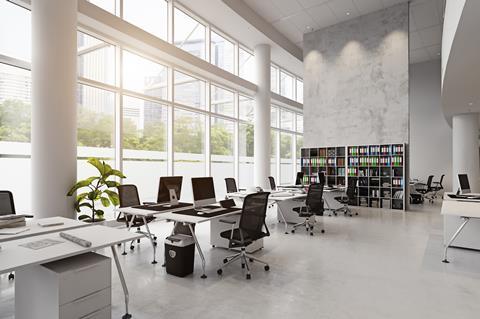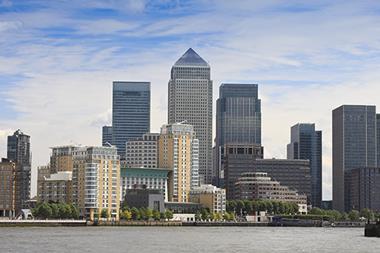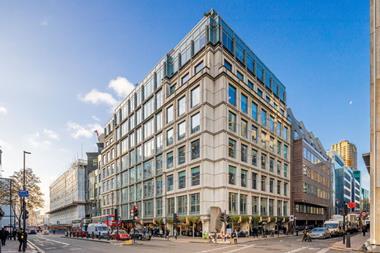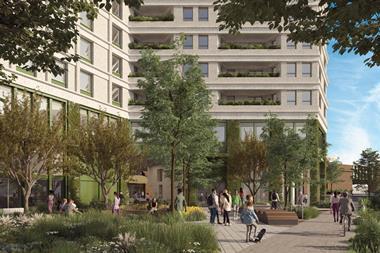A shift to remote working during the Covid pandemic has highlighted the importance of the office for businesses and their employees and its essential role as a hub for collaboration, community and development. So, what can we expect in the office market as we enter 2021?

While the pandemic is far from the end of the workplace, what businesses want from their office footprint is shifting in favour of greater flexibility around lease lengths and space commitments, which flexible workspace is primed to cater for. However, as a third national lockdown continues, co-working spaces and flexible workspace operators with a leasehold model dependent on high occupational density will struggle more keenly.
Operators should prioritise helpful dialogue with tenants; those operating a freehold model, without the shadow of their own rent commitments hanging over them, will prove some of the most resilient and best-placed to offer support.
In the immediate term, as the vaccine rollout picks up, offices may continue to face reduced occupancy levels. But nimble space management should help operators ride out the storm.
Now that Brexit negotiations have ended, the UK must focus on further cementing its reputation as a global beacon for business. In fact, the UK has not only retained but enhanced its status as a world-leading business hub since the EU referendum vote, attracting big tech behemoths Google and Facebook to commit to office space in the capital.
And London is not the only success story that the UK can continue to boast of post-Brexit. While Oxford drew international attention as its university helped develop a Covid vaccine, hubs of innovation in the life science sector have sprung up in cities from Cambridge to Manchester. As long as the UK keeps moving with the times and leading in key sectors, global business will be keen to remain close to the action.

Some changes in the sector will be more visible than others. As workers return to the office post-lockdown, forward-thinking operators will drive innovation in flexible workspace products and design.
Environmental changes
Continued social distancing requirements in the immediate term will support the uptake of touchless technology, while operators that neglect to invest in ‘smart’ office technology could risk being left behind. Ever-greater digital demands are becoming standard expectations among tenants, so a myopic attitude towards tech will be detrimental in an increasingly mature market.
The demands placed on workspace providers are also evolving in other ways. In particular, flexspace will become more popular than ever, no longer the preserve of start-ups and SMEs. Hybrid working will go mainstream, which will change tenants’ demands and operators’ obligations. Businesses will not leave the office behind post-pandemic, but they will want to access it on an ever more flexible basis.
So, what does this mean for workspace providers? While less resilient operators may suffer over the months ahead, demand for flexible workspace will surge this year and beyond as businesses seek more agile alternatives to traditional HQs. Moreover, weaving flexibility, convenience, hospitality and personalisation into everything from lease lengths to services and furniture will enhance the appeal of office space offerings after the pandemic. With everything to play for, the office market will certainly not be standing still in 2021.
Giles Fuchs is chief executive of Office Space in Town





























No comments yet